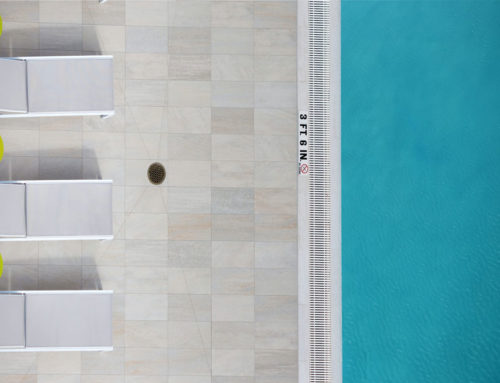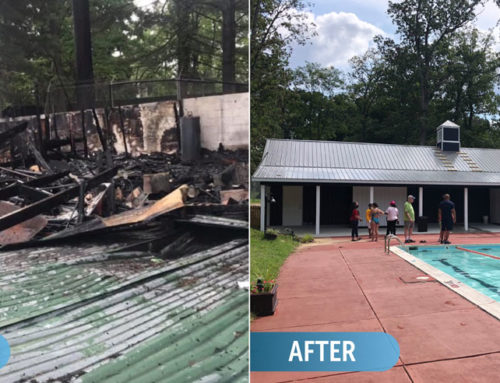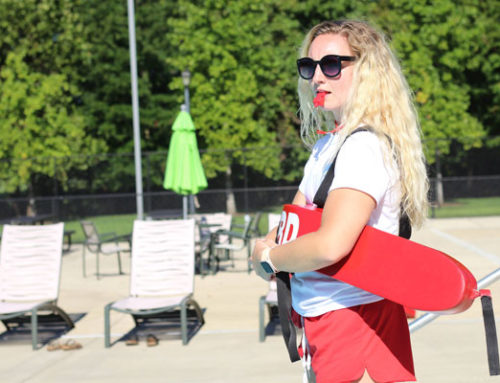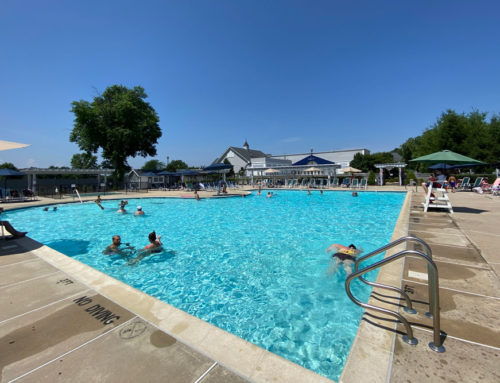Recreational water illness is a term that members of pool management are all too familiar with. It’s one of the primary safety concerns for community pools, which play host to many swimmers during peak season.
It’s important for facilities to monitor and maintain water chemical levels. It’s essential for pool maintenance technicians to check the water frequently and know when to advise closure.
Know the causes
The U.S. Centers for Disease Control and Prevention noted that chlorine doesn’t kill all types of bacteria. However, the more concerning fact is that there are certain types of RWIs, such as Cryptosporidium, which can flourish in well-maintained pools for days. Therefore, ensuring swimmer safety isn’t just a matter of pool preparation – it’s also a matter of education.
One of the most common culprits of any RWI are bodily fluids, such as urine and fecal matter. Because of this, asking all swimmers to shower before entering the pool is important. Additionally, staff members should encourage rinse showers for swimmers returning to the pool because it’s likely that they came across germs without realizing it.
This can be difficult for younger children who require diapers. After all, the pool is a family gathering place and swimmers of all ages are welcome. In these cases, posting signage that asks people to take bathroom breaks every 60 minutes and check diapers every 30 to 60 minutes can advise parents on best practices and show your facility’s dedication to safety.
Acknowledge the risks
For many people, a day at the pool ends when they leave. But if an RWI is present, the effects of the trip can be long-lasting and, at times, painful. More likely than not, RWIs are one of the last things on people’s minds when they go out to the local pool. However, it’s a very real concern that facilities shouldn’t hesitate to address. Here are three reasons why.
1. Maintain the pool’s image: A pool’s reputation can be damaged by a single RWI incident. Though RWIs can be introduced to the pool by a number of contaminants, it falls entirely on pool management to monitor and maintain water cleanliness. News of an RWI at a local pool can travel quickly by word of mouth. Additionally, modern technology has made it easier than ever for people to share information and post reviews.
2. Keep swimmers safe: Protecting guests is a two-way street. Though it falls upon the facility to ensure that the chemical levels in the water are properly maintained, contaminants can be introduced into the pool at any time by swimmers. This underscores the importance of letting swimmers know that they’re as much a part of maintaining cleanliness as staff members are.
3. Be a proactive part of the community: People trust their local pools to play a large role in the community, simply by existing and being a place for socialization. Your facility has many opportunities to be more proactive in the community, whether by hosting free public events or educating people on water safety. Although the official CDC RWI Prevention Week takes place the week before Memorial Day, you can never stress the causes or risks too much.
In addition to your efforts to teach the community about the dangers of RWIs, you should ensure that all staff members know about them as well. Speak to your on-site maintenance specialists to figure out whether it would be possible to hold a quick session for all employees and perhaps even ones from other facilities. It will also provide people with a chance to network!






